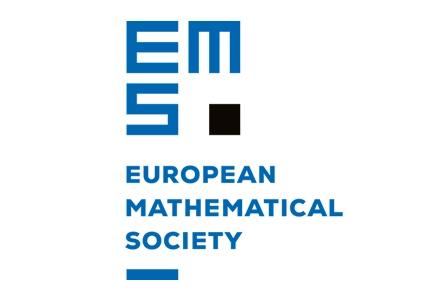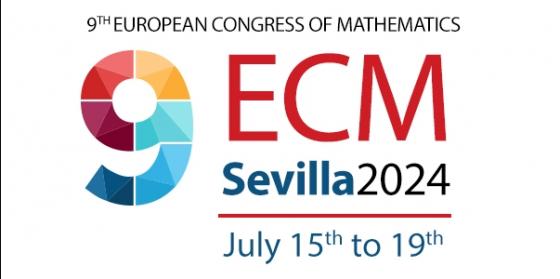Dove e quando
Seville, Spain – School of Engineering of the University of Seville
July 15-19, 2024

| 
|
The 9th edition of the European Congress of Mathematics (9ECM) – a quadrennial event organized by the European Mathematical Society (EMS) – is scheduled to take place in Seville, Spain. The EMS is a learned society for mathematicians across the continent that advances the development of all areas of mathematics within Europe. This includes promoting mathematical research, enhancing the relationship between mathematics and society, fostering connections with European institutions, and supporting mathematics education. The European Congress of Mathematics (ECM) is the world's second largest mathematical event. [source: https://ecm2024sevilla.com/index.php]
The MIDA group will take part at the European Congress in the mini-symposium “Mathematical Methods for Biological Problems”, organized by Prof. Ana Carpio (Universidad Complutense de Madrid), with a talk held by
Silvia Berra "Chemical reaction networks for modelling colorectal cancer signaling: a focus on MAPK pathway"
Abstract: The G1-S phase of a cell’s life involves numerous proteins, interacting through chemical reactions. Mutations in the genes responsible for synthesizing these proteins can cause diseases like cancer, therefore predicting the effects of such mutations is crucial for identifying which targeted drugs to administer and their dosage.
The dynamic of proteins concentrations inside the cell over time can be described through a powerful tool named Chemical Reaction Network (CRN): we focus on the CRN devised for modeling colorectal cells, which involves many chemical species belonging to several interacting pathways, e.g. WNT, MAPK, EGF. From a mathematical viewpoint, the mass-action law allows to model a CRN as a large system of ODEs depending on a set of kinetic parameters.
Computing the steady states of such systems is a key step for understanding mutations’ and drugs’ effects on the network: it reveals which proteins concentrations vary the most at equilibrium when comparing healthy and mutated cells. Here our fast and accurate optimization method, the NonLinearly Projected Combined (NLPC) algorithm, is applied for studying the impact of the gain-of-function mutation of KRAS, amongst the most frequent mutations involving MAPK (mitogen-activated protein kinase) pathway in colorectal cancer.
The talk will show how the NLPC algorithm allows to compute the impact of KRAS mutations on both the CRC network’s global proteomic profile and the expression of key MAPK species: k-Ras, B-Raf, MEK, and ERK. Furthermore, the impact on the cell of single and combined drugs that target species belonging to MAPK pathway will be simulated by computing the equilibrium states and analyzing the dynamic behavior of specific species when different dosages of drug are considered.
Finally, using a dynamic approach, we will see how the impact of drugs on KRAS mutated colorectal cells slows down the phosphorylation of ERK, responsible of cancer development and progression.

Credits
featured photo: © Francisco Colinet, CC BY-SA 3.0 ES, via Wikimedia Commons
